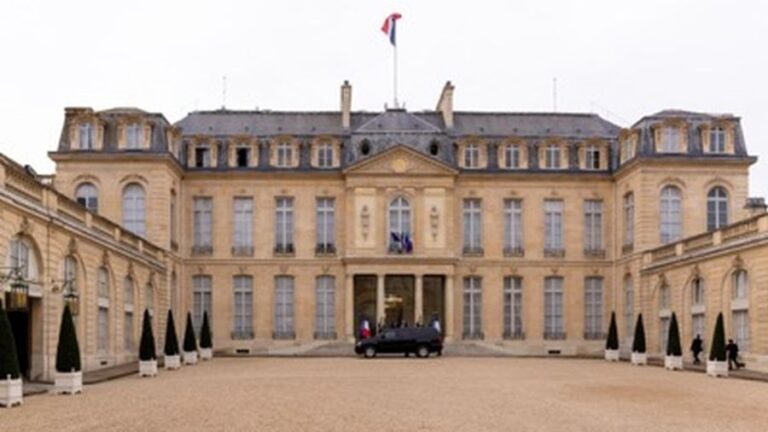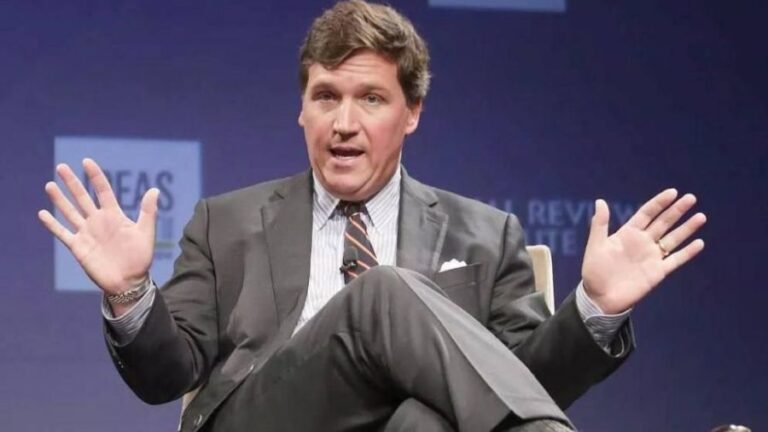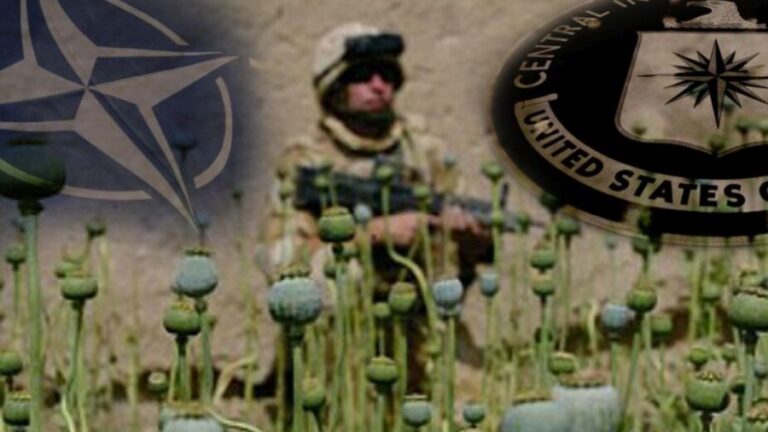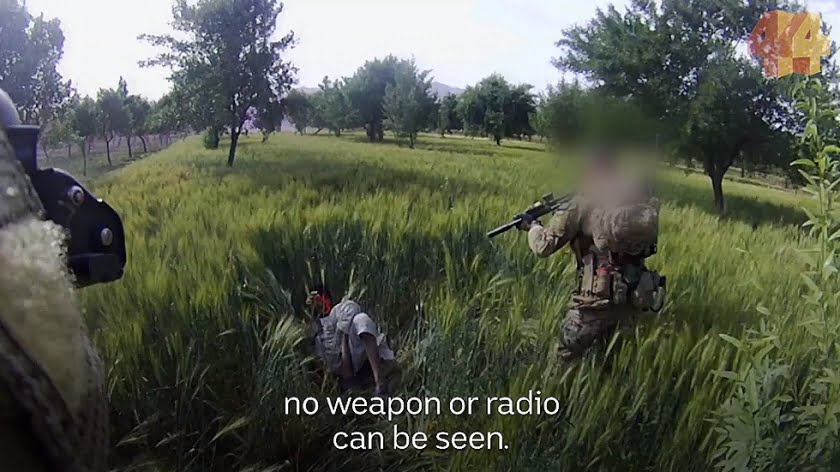Russian-Belarusian Relations: Back to Being Brothers?
Several recent developments in Russian-Belarusian relations — in particular, Belarus’ return of 32 suspected Wagner mercenaries to Russia, Belarusian opposition leader Tsepkalo’s departure from Russia, and the two phone calls between Presidents Putin and Lukashenko — hint that bilateral ties might soon return to their formerly fraternal level, though the fact of the matter is that Minsk simply doesn’t have any realistic option other than to re-engage Moscow (albeit on the latter’s terms) after the dramatic failure of the former’s “balancing” act and is thus destined to be Russia’s “little brother” instead of its “equal brother”.
A Russian-Belarusian Rapprochement?
Some notable developments occurred since the author’s analysis on Friday about how “Belarus’ ‘Democratic Security’ Operation Shouldn’t Be Exploited For Russophobic Purposes“. That piece painted a bleak picture of Russian-Belarusian relations, one in which Russia’s hosting of Belarusian opposition leader Tsepkalo could have potentially been instrumentalized to protect its national security interests. That’s no longer the case, however, since recent events have changed that calculation. Some observers are nowadays a bit more optimistic about their ties, even believing that they might soon return to their formerly fraternal level, though the fact of the matter is that Minsk simply doesn’t have any realistic option other than to re-engage Moscow (albeit on the latter’s terms) after the dramatic failure of the former’s “balancing” act and is thus destined to be Russia’s “little brother” instead of its “equal brother”.
Resolving The Wagner Incident
The first major development that occurred in the past few days was twofold and concerns both Belarus’ return of 32 suspected Wager mercenaries to Russia on Friday and Tsepkalo’s (subsequent?) departure from Russia. It certainly seems that the two are linked considering the timing in which they occurred, so it might very well have been the case that this was a quid pro quo. To explain, Belarus’ detainment of those nearly three dozen Russians can be seen in hindsight not simply as an anti-Russian provocation and “sign of good faith” about its intent to continue improving relations with the West after the election (before they decided to overthrow its leader), but also a misguided “insurance policy” against what Lukashenko had previously alleged was Moscow’s meddling in its internal affairs. In other words, those Russians were essentially political hostages to ensure that their homeland didn’t allow anti-government figures like Tsepkalo to operate from its territory.
The Tsepkalo Intrigue
His arrival there wasn’t anything that Moscow could have prevented considering the visa-free travel regime in place between the two members of the so-called “Union State”, but Minsk obviously felt uncomfortable with the fact that he fled to the Russian capital at the end of last month a few days prior to the Wagner provocation. In fact, the aforementioned provocation might have even been launched in response to that development considering the very acute “strategic dilemma” between the two nominal “allies” after Lukashenko stopped trusting Russia upon falling for the Western information warfare narrative that his neighbor harbored malicious intentions towards his country. The cover for this speculative quid pro quo of returning the suspected mercenaries in exchange for Tsepkalo’s departure from Russia was that the latter was added to an international wanted persons list upon Minsk’s request, hence why Moscow could no longer allow him to remain there.
Quid Pro Quo
This enabled both sides to “save face” and not appear as though they were enacting any “concessions” towards the other during this unprecedentedly tense period of their relations. Both sides therefore got what they wanted. Russia’s political hostages were released, while Belarus no longer had to worry about the possibility of Russia instrumentalizing Tsepkalo’s presence in its capital. Everything could thus return to how it was before late-July when Tsepkalo fled to Russia and the Wagner provocation occurred shortly thereafter. While ties were still tense up until that time, they weren’t as bad as they were afterwards following those two incidents. It’s premature to call this a “reset” though since a rapprochement is more accurate at this point. This quid pro quo indicates that each side understands the necessity of restoring trust and confidence in one another. As such, their leaders then spoke with one another the next day, Saturday, to take their rapprochement even further.
Two Phone Calls In Two Days
The official Kremlin website didn’t say much about the details of their talk but nevertheless sounded upbeat about the future of their relations. Lukashenko, however, later revealed that “I and he agreed that we will receive comprehensive assistance in ensuring Belarus’ security whenever we request it”. The Belarusian leader also warned against what he described as NATO’s threateningbuildup along his borders, implying that the alliance might try to attack his country. The next day, Sunday, Presidents Putin and Lukashenko spoke again, and this time the official Kremlin website reported that they discussed possible security assistance through the CSTO mutual defense pact of which both states are members. This dimension of the crisis adds some more intrigue to the rapidly developing situation by making it seem like a Russian military intervention along the lines of the Crimean one might be imminent, though that scenario more than likely won’t come to pass.
Crimea 2.0 Is Unlikely
Firstly, foreign forces are ineffective for carrying out “Democratic Security” operations since the target nation’s own ones are required in order for the state to retain legitimacy except in situations where Color Revolutionaries and/or military defectors seize control of military bases and/or cities, which seems unlikely to happen. Secondly, NATO’s reported military buildup is probably just for show and isn’t anything serious. The alliance knows that attacking Belarus would trigger Russia’s mutual defense commitments, thus potentially worsening the crisis to the level of World War III in the worst-case scenario. And thirdly, Belarus previously balked at Russia’s prior request to establish an air base within its borders since it knows that its ally’s increased military presence there would be perceived real negatively by NATO and thus lead to even more pressure upon it. For these reasons, a forthcoming Russian military intervention in Belarus is unlikely.
Lukashenko’s Signals
The question thus becomes one of why Lukashenko is even flirting with this possibility in the first place if it probably won’t happen, with the answer likely being that he intends to send signals to Russia and the West with his words. About the first-mentioned, he’s reaffirming his country’s commitment to its traditional ally in an attempt to shore up support from its media after they’ve been uncharacteristically critical of him in response to his failed “balancing” act of the past year. Regarding the second, the West, he wants them to realize that he’s no longer as naive as before and no longer trusts them after they ordered their Color Revolution cadres to oust him. In other words, he’s trying to recalibrate his “balancing” act by moving closer to Russia in response to the Western pressure being put upon him from above (sanctions threats) and below (Color Revolution). Domestically, these dramatic statements are also intended to distract people by hyping up an external enemy.
Belarus’ Official Position On “Balancing”
A casual observer might be inclined to think that Belarus once again wants to return to its former brotherly relations with Russia, but the situation isn’t as simple as that. After all, Lukashenko declared earlier this month that “it is impossible” to strengthen his country’s “Union State” relations with Russia. “Even if I agreed to the reunification on the most favorable terms for Belarus, the people of Belarus would not accept it. The nation is not ready for this and will never be. The people are overripe. It was possible 20 or 25 years ago when the Soviet Union collapsed. But not now.” Nevertheless, he also said on Sunday that “Belarus does not want to be a ‘buffer zone’…to separate Russia from the West”, which essentially rules out its participation in the Polish-led and US-backed “Three Seas Initiative” (TSI) and related frameworks like the “Lublin Triangle“, at least for now. Put another way, Belarus wants closer relations with Russia, but not formal incorporation into a single state. While it wishes to retain friendly relations with the West, it won’t do so at the expense of Russia either.
Russia > West
The way that the situation is developing, it looks like Belarus has chosen to abandon its “balancing” act in favor of realigning itself with Russia, though it lost whatever previous leverage it thought that it had throughout the course of the past year after it so terribly failed to take advantage of its newfound relations with the West to bargain for better terms from Moscow in the run-up to the ongoing Color Revolution. Lukashenko is therefore at President Putin’s mercy when it comes to any potential Russian assistance to his government, which is unlikely to be military aid for the earlier mentioned reasons but would most probably be deeper integration through the “Union State” framework despite the Belarusian leader’s hesitancy. In a “perfect world”, his “balancing” act would have turned Belarus into the New Cold War’s version of Tito’s Yugoslavia, but in the imperfect reality in which everyone lives, Belarus has little choice but to accept Russia’s “Union State” terms.
“Saving Face”
It’s of the highest importance for Lukashenko to “save face” while commencing this policy pivot (provided of course that he remains in office long enough to see it through), which is where the wording of the Kremlin’s statement on Saturday following the first phone call between him and Putin comes in. The last sentence speaks about the “fraternal nations of Russia and Belarus”, which is a symbolic narrative “concession” to Lukashenko after he complained earlier in the month about “Russia switching from a brotherly relationship to a partnership — suddenly.” The Belarusian leader can therefore claim that the two countries are once again “brothers”, which could be relied upon by him as the pretext for agreeing to resume integration within the “Union State” framework even though it’ll likely be on Russia’s terms instead of his own. That would in effect formalize Belarus’ status as Russia’s “junior partner”, which it’s always been but he’d been loath to acknowledge it.
A True “Brotherhood” Or A “Fraternal Hierarchy”?
This brings the analysis back to the question posed in the title about whether Russian-Belarusian relations have returned back to their formerly fraternal nature. The answer is yes and no. On the one hand, they’ll probably continue to repair their relations after Lukashenko’s failed “balancing” act threatened to ruin them once and for all, but on the other, they won’t ever have equal relations given the hierarchy involved. To use Lukashenko’s own metaphor, President Putin is his “elder brother“, and in traditional family arrangements, seniority carries with it certain perks. So too can the same be said about the relations between a Great Power like Russia and a comparatively smaller and much weaker state like Belarus. Regardless of the rhetoric that politicians love to espouse, there can never be true equality between such vastly different states. What there can be, however, is respect of each other’s core interests but recognition that there still exists a “fraternal hierarchy” among them.
Concluding Thoughts
The Belarusian Crisis is still very serious, though the positive developments of the past two days in respect to bilateral relations with Russia inspire cautious optimism about the future. If Lukashenko can survive the HybridWar against him, which he’d more than likely have to do on his own without any Russian military support considering the fact that foreign military forces are ineffective in dealing with most manifestations of such wars, then there’s a high chance that Belarus will agree to strengthen its integration with Russia through the “Union State” framework on Moscow’s terms. Lukashenko can still “save face” by claiming that he restored his country’s “brotherhood” with Russia, though that would only be half-true since no true “brotherhood” would exist (or ever has) since what’s really in force is a “fraternal hierarchy”. In any case, Lukashenko seems to have finally learned his lesson about “balancing”, but it’ll remain to be seen whether he learned it too late.







